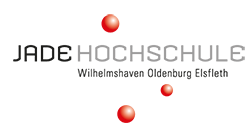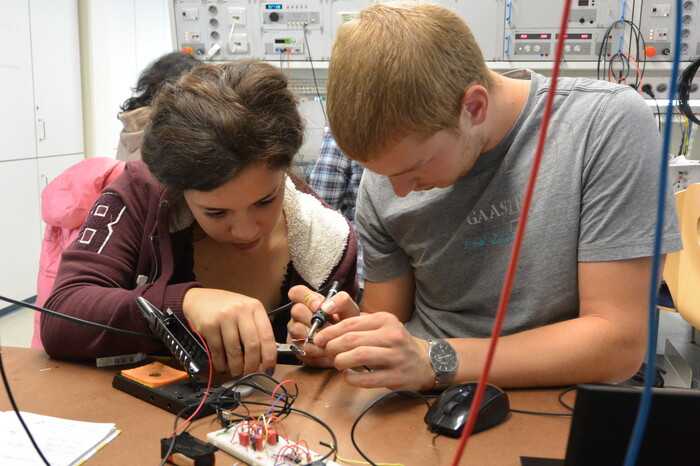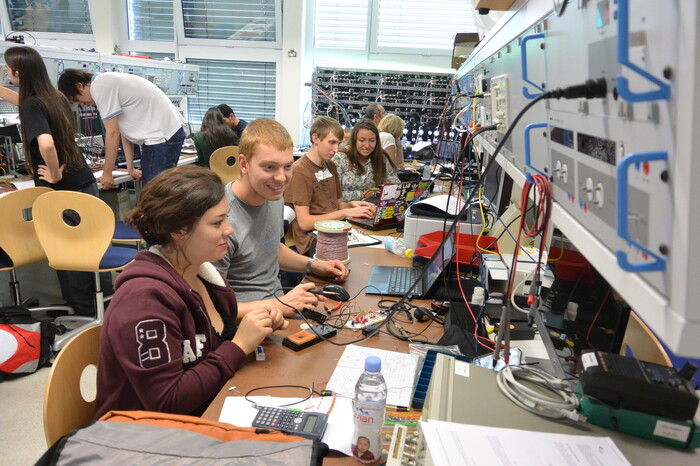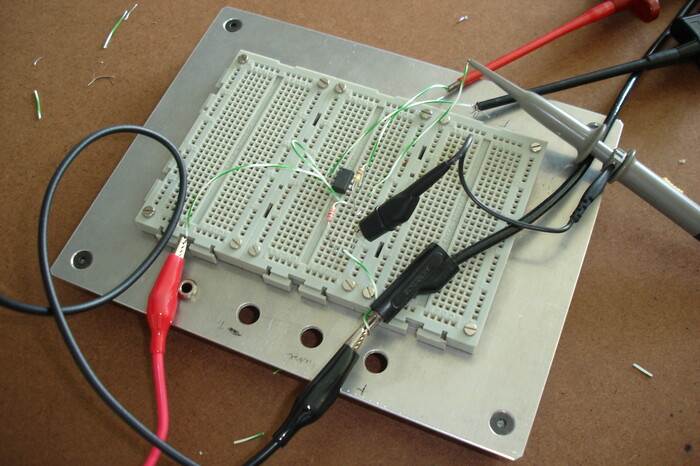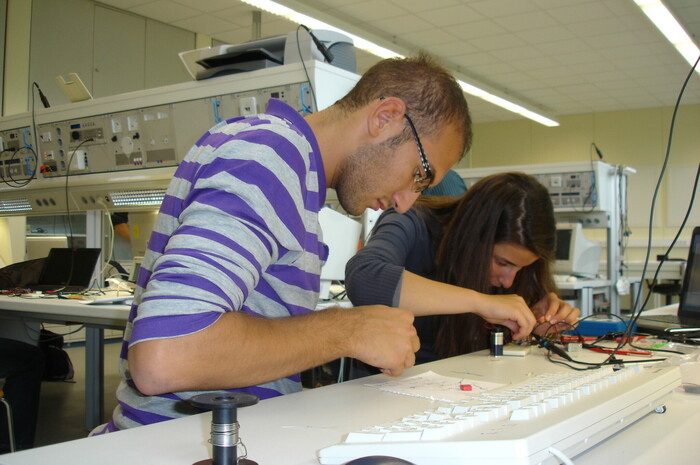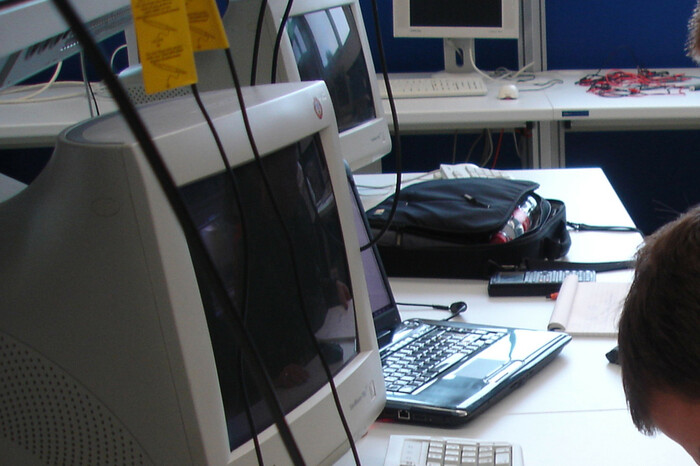Biomedical Engineering Summer School
Notice
Unfortunately, the 2025 summer course will not take place for organizational reasons.
We will provide information about the progress of planning for an upcoming course in 2026 here.
Organised by Jade University - Department of Engineering Sciences and International Office
Please note: The language of instruction at the Summer School is English. Very good English skills are therefore essential for participation!
Experience Reports
Report of a mexican student (BME 2022)
Report of a mexican student (BME 2022)
Report of a moroccan student (BME 2022)
Report of a turkish student (BME 2022)
Report_of a kyrgysian student (BME 2023)
Report of a brazilian student (Ana, BME 2023)
Report of a brezilian student (Julia, BME 2023)
Report of a brazilian student (Mizael, BME 2023)
Report of a brazilian Stuudent (Samuel, BME 2023)
Report of a brazilian Student (Joao Carlos, BME 2023)
Introduction
The Department of Engineering Sciences and the International Office of Jade University offer a three-week summer school in Biomedical Engineering. The summer school covers three course lanes focusing on ”Applied Artificial Intelligence”, “Basics of Biomedical Engineering” and ”Biomedical Signal and Image Acquisition, Processing and Analysis”.
Our ageing human society puts severe constraints on health care systems with regard to the demands of costs, quality, and personnel. There is a growing need for innovative medical technology solutions. Implementation of the latest technology will have a significant impact on future medical care, diagnosis, and the alleviation of diseases. Technical innovation can also provide solutions such as telemetry, distant-virtual consulting and checking, the automation of processes, and robot technology. Intelligent implants that use new design methods, materials, and software can keep patients mobile and fit as long as possible. Early recognition using accurate diagnostic equipment that employs imaging techniques, lab-on-chip analysis, and advanced sensors can reduce treatment costs and improve recovery rates. As one of the consequences, medical care could be provided at home, instead of in a hospital, thus for instance reducing costs.
The aim of the course is to provide an introduction to the multidisciplinary field of Biomedical Engineering by examining the basics of the development of medical devices in general. Focusing on applications for medical technologies, biosensors and their electronic systems, biosignal and image processing and the simulation of biomechanics, also in combination with artificial intelligence, these complex contents are developed in lectures, lab work and field trips. The multicultural focus of the course is intensified by the presence of an international lecturing staff drawn from several centers of excellence in the field of biomedical engineering. Another key learning outcome of this course is provided by the interaction of international students in group-based projects and organized social events.
The summer course covers the above named three course lanes. Two of them are addressed to undergraduate students, while the other requires a Bachelor’s degree and is part of Master studies of Jade University and the partner institutions. A change of the program lane is not possible during the summer school.
The course language is English. The presence of teachers as well as students from foreign countries requires the use of a shared language as the basis of everyday communication and interaction, and gives better motivation than a language course at a home university ever could.
This summer course is a part of the Bachelor of Biomedical Engineering and Master of Electrical Engineering programs at Jade University, and is accepted by our partner universities.
Course Abstracts
In this year's summer course we offer two courses for undergraduate students (Lane A and B) and one course for graduate students (Lane C). Please find the respective course descriptions in the following tables:
Lane A: Applied Artificial Intelligence
Biomedical Applications of Machine LearningGábor Kertész |
| The goal of the lectures is to provide an introduction to image recognition with neural networks, both is theory and in practice. The course starts with a basic introduction to the fundamentals of image recognition using neural networks. On the practical side, Tensorflow and Keras is introduced as the most common frameworks used by machine learning engineers. During the course the students will get an understanding on how Neural Networks are trained, evaluated, and what common problems could occur. After introducing Convolutional Neural Networks, classical architectures are analysed along with modern, state-of-the-art solutions and techniques, which improve the performance of neural networks. Course topics:
|
Biomedical Image ProcessingDániel Kiss |
| This is an introductory course in the fundamentals of biological and medical imaging and image processing, including pre-processing and enhancement techniques, filtering, object detection, and image segmentation. Participants will learn the basics of digital imaging and will gain experience in Python’s image processing abilities. We are also going to meet CellProfiler, an open-source application for batch processing, measuring, and analyzing images. We will see how to use them via real-life examples of various biological experiments covering the following topics. Course topics:
|
Automated Machine Learning and Hyperparameter OptimizationMarcelo Vinícius Cysneiros Aragão |
| This course equips you with practical techniques to streamline your machine learning workflow. You'll gain a strong foundation in machine learning problems like classification, regression, and clustering. The course dives into the world of automation with tools like scikit-learn, auto-sklearn, and Optuna. These tools can automate repetitive tasks in model development, potentially freeing up your time to focus on other aspects. You'll gain practical experience through hands-on exercises building and refining classification, regression, and clustering models using these tools. By the end of the course, you'll be prepared to tackle real-world machine learning challenges. You'll develop the skills to potentially improve model development efficiency using AutoML and HPO. This could translate to time and resource savings. |
Lane B: Fundamentals of Biomedical Engineering
Introduction to Project ManagementDr. Miklós Daróczi, Associate Professor |
| The main objective of the course is to deliver some theoretical and practical knowledge related mainly to the project planning, scheduling and budgeting. The module starts by defining the project and differentiating project management from general management. The project manager’s role, the project life cycle and the elements of project plan are also briefly discussed. The common formats of schedule the Gantt-charts and PERT/CPM networks, some methods of budgeting and cost estimating are also covered. Based on these techniques students will be able to participate in project planning and implementation. Student teams will prepare a report and give a presentation on a special project. The purpose of this assignment is to deepen your knowledge on planning projects and to share that knowledge with the rest of the group. The topic of the project will be selected by the students. |
Basics and Biomedical Applications of MicrofluidicsProf. Dr. Michael Schlüter; Dr. Diana Pinho |
| This Microfluidics course will give a basic overview of micro technologies and the corresponding manufacturing methods (e.g. photolithography, xurography, 3D printing). It furthermore addresses the study of basic and applied aspects of (bio)microfluidics, blood flow in microdevices, and biomedical applications (e.g. PCR-Chip, single cell analysis, plasma separation). This course will introduce participants to microfabrication technologies available for building microfluidic devices, with experimental practice. In the laboratory work, different microfluidic structures for (bio-)medical applications and blood flow studies will be developed, manufactured, and characterized. • Fundamentals of MEMS processing (frontend and backend processes, photolithographic process steps, thin film technology, etching technologies); |
3D Modelling and Simulation of Biomechanical StructuresAlin Totorean, Eng, PhD, Sergiu Galatanu, Eng, PhD |
| The concept of personalized medicine has strongly evolved nowadays and is more and more used in clinical practice. For example, in orthopedics or cardiovascular medicine having patient specific models before interventions proves to be useful for physicians, since it allows them to plan the procedure in advance taking into consideration patient’s details. The process requires 3D models of the anatomical structures and further prototyping or performing computational simulations. This lecture is focused on methods that allow the design of 3D models based on patient-specific medical images (Computed Tomography scans) and to perform a computational analysis using the real model and numerical tools in the area of structural analysis. |
Lane C: Biomedical Signal and Image Acquisition, Processing and Analysis
Amperometric Biosensors and Related ElectronicsDr. Cengiz Koçum, Prof. Dr. Dilek Çökeliler Serdaroğlu | |
| Biosensors are used to detect biological or chemical markers (bio-chemicals, DNA, protein, cells etc.) in order for diagnosis, environmental monitoring and pharmaceutical research. This course represents the fundamental science and engineering concepts of designing biosensors through a common example. Biosensors have three main parts; biorecognition layer, transducers and electronics and they usually produce an electrical signal related to the specific analyte. In this course with lectures and practical exercises students will design and implement the main parts of an amperometric biosensor capable of glucose monitoring. Students will gain an insight of the complexities and design principles of a biosensor from scratch. Course Outline:
| |
| Date | Course Syllabus |
| 1 | Fundamental concepts of biosensors and related electronics |
| 2 | Design, production and pre-tests of biorecognition part of the biosensor |
| 3 | Design, implementation and tests of transducers and electronics part of the biosensor |
| 4 | Integration of biorecognition layer and electronic parts and application of the biosensor |
Instrumentation, Acquisition and Signal Processing for BiosignalsDr. Mehmet Yüksekkaya | |
| Biomedical signals are used to obtain crucial information about human health for diagnosis and treatment follow up. Acquiring biosignals from human body to a computer system is called biosignal acquisition and conditioning. For signal acquisition and conditioning, appropriate electronic instrumentation should be designed. In order to extract the crucial information from the acquired data, it should be processed. This course is designed to be a practical introduction for data acquisition and processing. Students will acquire signals using adequate instrumentation. Further they apply data analysis. After this course, students are able to design a practical data acquisition system. Course Synopsis:
| |
| Date | Course Syllabus |
| 1 | Introduction to biosignal acquisition. |
| 2 | Practical application of microcontroller based system design. |
| 3 | Practical design of a signal acquisition system for biosignal. |
| 4 | Signal analysis and feature extraction. |
Embedded SystemsDr. Gerardo Marx Chávez-Campos | |
| Nowadays, the “Embedded Systems” and its integration with the “Internet of Things” has become crucial for developing healthcare and industrial applications. Thus, to understand the developing process of apps on the embedded system that uses as the central operative system “Linux” are fundamental. Even more, this first approach to the most used operative system on servers, supercomputers, and single devices will guide the student to understand the complete integration of hardware electronics and code for developing from simple to complex tasks. During the course, the student will realize by doing the fundamentals of how to work on the embedded board by accessing hardware, input/output digital ports, read the digital to analog converters. Then, the student will create an application to read and log data into structured frameworks. The registered data will be processed and analyzed using Python. Course Synopsis:
| |
| Date | Course Syllabus |
| 1 | Introduction to the beagle boards and basic applications |
| 2 | Control versions and interfacing electronics |
| 3 | IoT |
| 4 | A final project |
Participating Partners
Baskent University
Biomedical Engineering Department
Ankara, Turkey
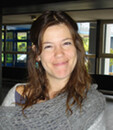
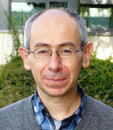
Ankara University
Ankara, Turkey
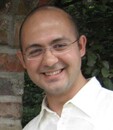
Instituto Nacional de Telecomunicações - Inatel
Santa Rita do Sapucaí, Brazil

Morelia Institute of Technology
Morelia, Mexico
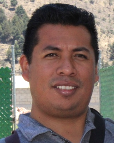
Óbuda University
Budapest, Hungary
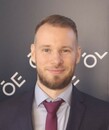

MATE - Hungarian University of Agriculture and Life Sciences -
Gödöllö, Hungary
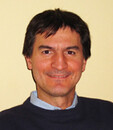
Politehnica University of Timisoara
Mechanical Engineering Faculty
Timisoara, Romania
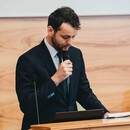

Westfälische Hochschule, University of Applied Sciences
Gelsenkirchen, Germany
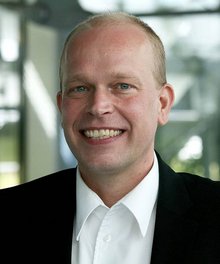
International Iberian Nanotechnology Laboratory, University of Minho (UM), Guimaraes
International Iberian Nanotechnology Laboratory, University of Minho (UM),
Guimaraes, Portugal

